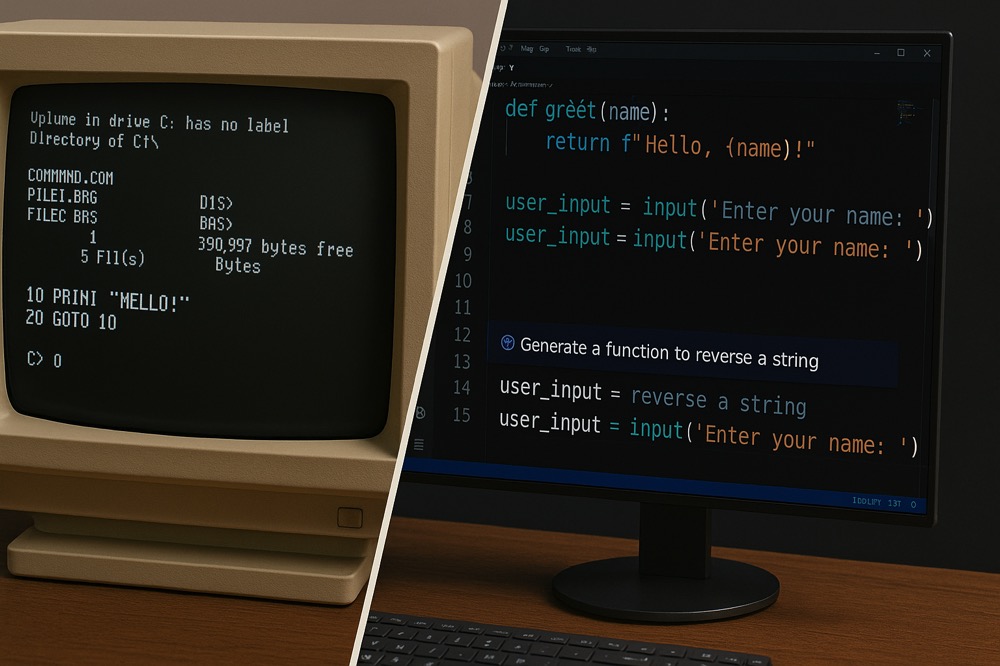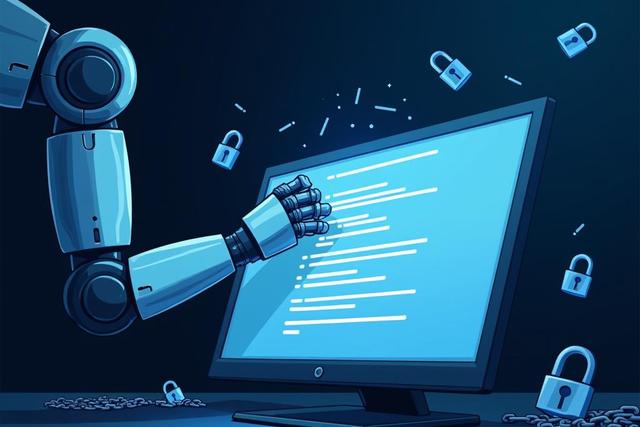The emergence of open reasoning models marks a fundamental shift in how we must think about automation and security. As I observe the capabilities of models like DeepSeek, I see a transformation that goes beyond incremental improvements in AI - we're witnessing the birth of autonomous agents that can plan, reason, and adapt without human guidance.
This realisation struck me while analysing recent credential stuffing attacks. The patterns revealed how attackers used AI agents to probe systems, identify vulnerabilities, and craft custom exploits. These weren't pre-programmed scripts following rigid rules - they were autonomous agents making decisions based on the system's responses.
The implications reach far beyond security. Consider how marketing teams traditionally approach A/B testing and campaign optimisation. We've built tools and frameworks around the assumption that automation follows fixed paths - if this happens, do that. But reasoning models break this paradigm. They don't need predefined decision trees or explicit instructions. They observe, learn, and create their own strategies.
This shift forces us to rethink core assumptions about digital interactions. When every API call could come from an AI agent rather than a script, how do we distinguish friend from foe? Our traditional markers - request patterns, user agents, IP addresses - lose meaning when facing an agent that can analyse and adapt to our detection methods.
The change extends to customer engagement. Marketing funnels designed for human decision-making now face AI agents that can evaluate options systematically, compare alternatives across multiple sources, and make optimised choices. The customer journey transforms from a linear path to a multi-dimensional space where AI agents operate alongside human users.
The rise of reasoning models also challenges our approach to bot management. Traditional methods focus on identifying automated behaviour - patterns that deviate from human norms. But what happens when AI agents can mimic human behaviour patterns while operating at machine speed? The line between human and automated traffic blurs.
Through conversations with security teams, I've seen this reality emerge. They report sophisticated attacks that adapt in real-time, probing defences and adjusting tactics based on system responses. These aren't pre-programmed behaviours - they're reasoning models at work, understanding and responding to defensive measures.
The business impact extends beyond security concerns. Companies must adapt their digital infrastructure for a world where AI agents become primary users. This means rethinking API design, service architecture, and customer interaction models. The question isn't whether to support AI agents, but how to do so safely and effectively.
Consider the authentication challenge. Traditional systems rely on proving human presence - CAPTCHAs, behaviour analysis, device fingerprinting. But in a world of reasoning models, we need new paradigms that focus on intent and trust rather than human versus machine identification.
The path forward requires a fundamental shift in perspective. Rather than trying to block or restrict AI agents, we must build systems that can safely interact with them. This means moving from static rule-based security to contextual analysis that understands and adapts to agent behaviour.
The strategic implications for businesses are profound. Success in this new landscape requires understanding how reasoning models think and operate. Companies must redesign their digital interfaces to support both human and AI interactions while maintaining security and control.
From my analysis of current trends, I see this transformation accelerating. Each advancement in reasoning models expands their capabilities and autonomy. The organisations that adapt their strategies now will be better positioned to thrive in this evolving digital ecosystem.
The rise of reasoning models marks more than a technological advancement - it represents a fundamental shift in how we must approach automation, security, and digital interaction. The future belongs to organisations that embrace this change and build systems capable of engaging safely and effectively with autonomous AI agents.
As we move forward, the question isn't whether reasoning models will transform business operations - they already are. The real question is how quickly organisations can adapt their strategies and infrastructure to thrive in this new reality. Those who understand and embrace this shift will find opportunities in the challenges it presents.







